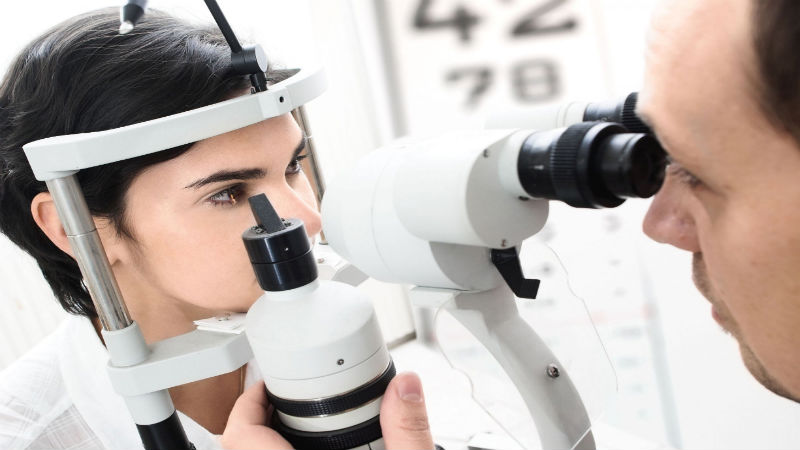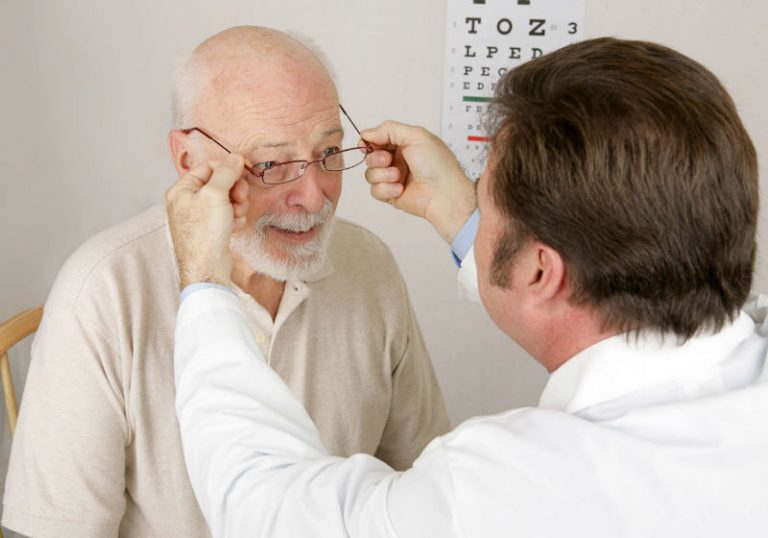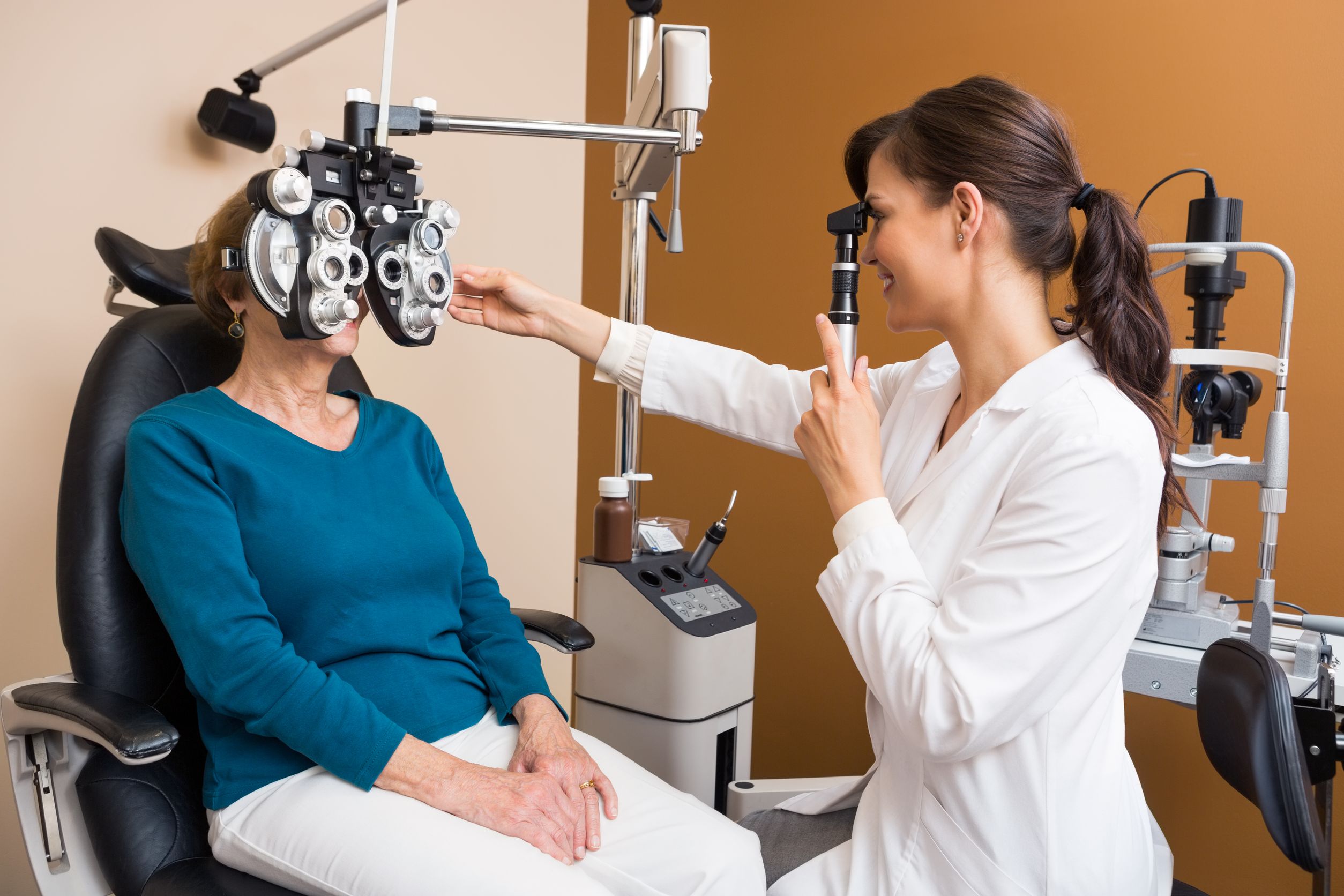Dry eyes can cause irritation, excessive tearing, blurred vision, and burning sensations. Ocular dryness may even make your eyes feel gritty or like you have grains of sand in them. Although people of all ages can develop dry eyes, they may be more common in older adults. Here are some common causes of dry eyes and what you can do about them.
Autoimmune Disorders
Autoimmune disorders such as Sjogren’s syndrome can cause salivary gland dysfunction and dry eyes. While autoimmune diseases are more common in women, men can get them too. Sjogren’s syndrome causes your tears to quickly evaporate, and because of this, your ophthalmologist in St. Augustine may prescribe lubricating oil-based eye drops.
Other autoimmune disorders that may raise your risk for dry eyes include hypothyroidism or hyperthyroidism, especially when you have an accompanying eye disorder known as exophthalmos, which refers to the outward bulging of the eyes. Once your autoimmune disorders are under control, your dry eye symptoms may resolve.
Menopause
Menopausal women are also at risk of developing dry eyes. Menopausal-related estrogen decline can affect the way your tear glands produce tears, and while hormone replacement therapy may help enhance both the quantity and quality of your tears, your ophthalmologist in St. Augustine may need to closely monitor your condition. If necessary, your eye doctor may recommend medications to reduce inflammation of your corneas or prescribe tear-stimulating drops.
Diuretic Use
If you have hypertension, ankle edema, or congestive heart failure, your physician may have prescribed medications known as diuretics. These drugs are also known as “water pills,” and typically cause frequent urination.
They can cause excessive fluid loss and dehydration, raising the risk for dry eyes. If you take diuretics, tell your eye doctor so that he or she can monitor your vision and recommend a treatment plan, which may include lubricating drops, eyelid massage, and consuming a diet rich in omega-3 fatty acids.
If you have autoimmune disorders, are going through menopause, or take diuretic medications, see your ophthalmologist in St. Augustine for a comprehensive examination.








